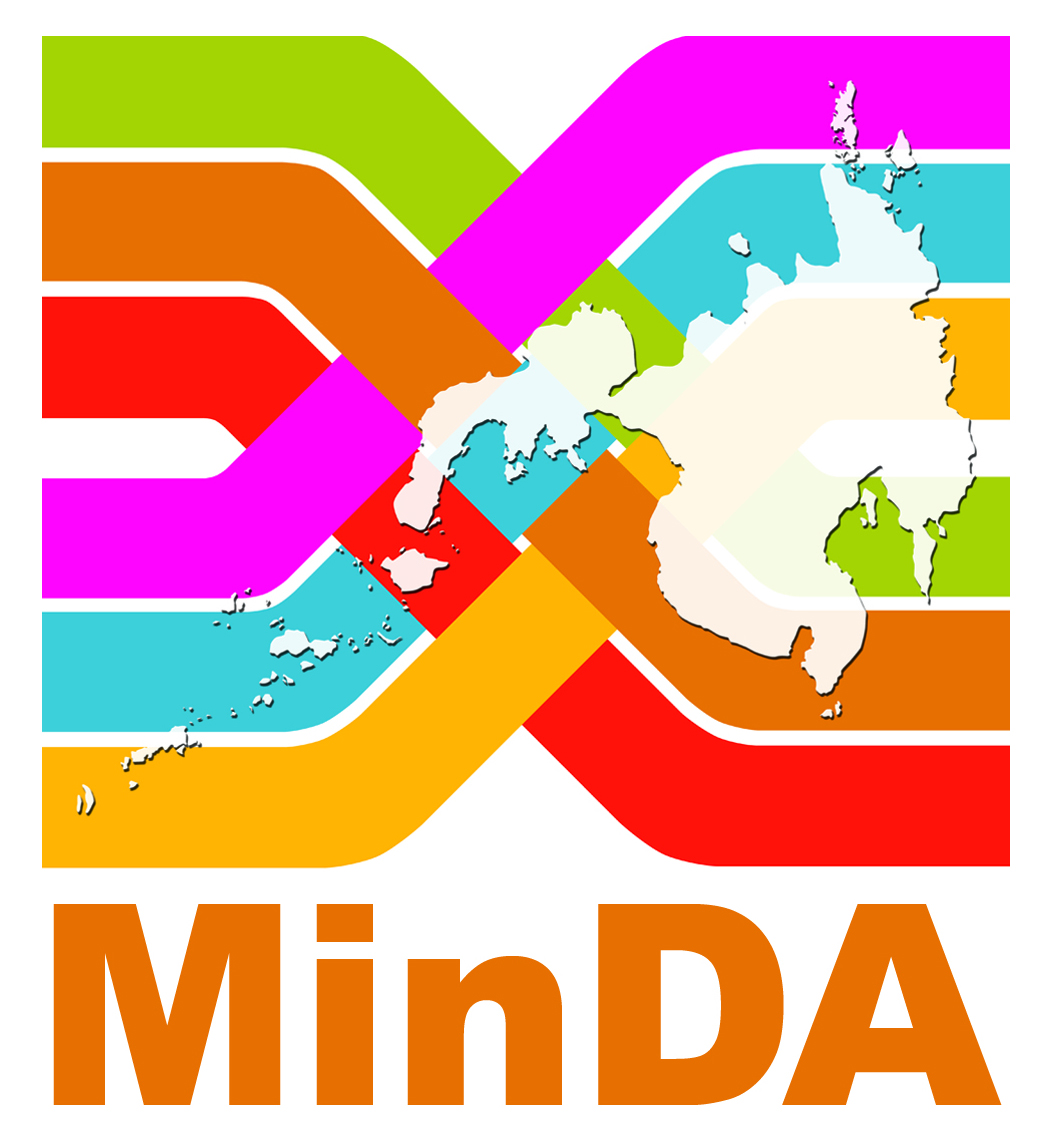Micro, Small, and Medium Enterprises
Socioeconomic Issue in Spotlight

Micro, small, and medium enterprises (MSMEs) play a significant role in the Philippine economy due to their impact on employment, income, and overall economic development. According to the Philippine Statistics Authority, MSMEs comprised 99.5 percent of all registered business establishments in 2019. They generate 62.4 percent of the country's total employment, contribute 36 percent of gross value added, and account for 25 percent of total exports.
The Department of Trade and Industry categorizes MSMEs based on their asset size and number of employees. Enterprises are classified as micro if they have PHP 3,000,000 or less in assets and one to nine employees, small enterprises if they have PHP 3,000,001 to PHP 15,000,000 in assets and 10 to 99 employees, and medium enterprises if they have PHP 15,000,001 to PHP 100,000,000 in assets and 100 to 199 employees. Large enterprises have over PHP 100,000,001 or more in assets and 200 or more employees.
Almeda and Pobre (2012) revealed that most local MSMEs are managed by their owners, especially among microenterprises, and most (63%) are led by women. Out of 1,740 respondents in the study, 30 percent started their business with a capital of less than PHP 150,000. Thus, most of them are microenterprises, such as sari-sari stores and other businesses that offer goods and products that are readily available.
MSMEs often struggle to access affordable financing options. Financial institutions may perceive them as risky borrowers due to their small size, lack of collateral, and limited financial track record, which may hamper their growth and expansion. Raquiza (2022) noted that they have minimal credit access from formal lending institutions. They seldom approach commercial banks due to their high-interest rates, high minimum loan requirements, voluminous requirements, short repayment periods, and difficulty in restructuring loans.
Although they are considered the backbone of the economy, MSMEs do not appear to survive once they engage in foreign trade. Bautista and Manzano (2018) found that only six in every ten exporting Philippine MSMEs survive after their first year of operation. This figure drops to less than four in every ten by the end of their fourth year. Thus, the authors urged the government to support exporting MSMEs. The focus, they emphasized, should be directed toward increasing the capability of the firms, targeted appropriately so they may reach larger orders, either through financing or consolidation with other similar firms that have successfully complied with the product standards required by foreign buyers.
Gender gaps were observed in small and medium enterprises (SMEs). Daño and Caliso (2019) found that women-led SMEs are more likely to be smaller than men-led SMEs and have fewer employees. They also found that women are more likely to start a business out of necessity and have lower technology usage than their male counterparts.
E-commerce presents a great opportunity for MSMEs to expand their market reach, boost revenues, and optimize their operations. However, Quimba et al. (2021) discovered that local MSMEs have low e-commerce adoption, with reported rates of only 6.2 percent (for micro), 14.6 percent (for small), and 13.4 percent (for medium enterprises) in 2015. This may be attributed to their preference to maintain their current business model, security and privacy concerns, and unreliable internet connection.
The COVID-19 pandemic has fast-tracked enterprises' e-commerce participation. Bascamas et al. (2022) observed a substantially enhanced growth of women-led MSMEs in terms of sales, customer base, customer satisfaction, and process enhancement. However, although they have increased during the pandemic, a study by Carlos et al. (2022) revealed that women-led MSMEs have little to no information about and limited access to government programs and resources designed for them. They also rely on their own experience and resources and their family and relatives to run and sustain their business.
SERP-P has resources tackling MSMEs and issues they are facing. Below are some of them:
- Micro, Small and Medium Enterprises (MSMEs) in the Philippines: What We Know and What We Don't Know
- Micro, Small, Medium Enterprise (MSME) Sector Financing: Issues and Challenges
- Duration of Export Relationships of Philippine MSMEs
- Barriers to Scaling-Up of Women-Owned SMEs in the Philippines
- How Ready Are We? Measuring the Philippines’ Readiness for Digital Trade Integration with the Asia-Pacific
- E-Commerce Adoption and Its Impact on the Performance of Women-led MSMEs in Metro Manila: An Ex-ante Study for RCEP
- Analysis of the Cross-Border E-Commerce Environment for Philippine Women-led MSMEs: Challenges and Opportunities
For more studies, simply type “micro, small, and medium enterprises”, “MSME”, and other related keywords in the search box of the SERP-P website.


